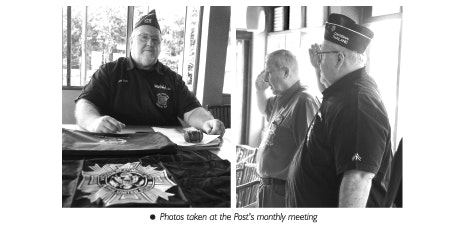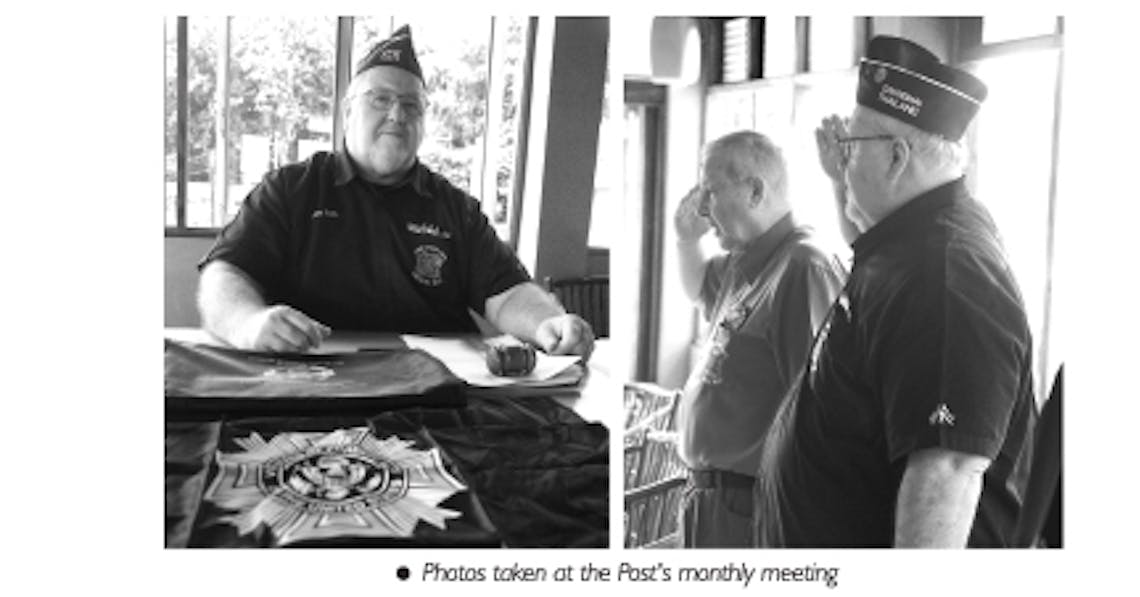
Being born over ten years after the Vietnam War, my impression of this significant historical event is a collage of black and white images of long haired flare-wearers in anti-war protests, as well as the film The Deer Hunter, which I watched with my Dad. And of course, I cannot forget the harrowing pictures of Agent Orange victims I saw in a museum in Ho Chi Minh City. Whilst researching for an article at an alcoholics anonymous meeting earlier this year, one of the members suggested I do a piece on another social group he attended, the Vietnam War vets. Not only was I fascinated to hear the from-the-horses’-mouths stories from those who were integral players in a war that marked modern history, but I must admit to a morbid fascination with the horrors of battle they endured. As some of the earlier modern-day arrivals to Thailand, I also wanted to know more about their experiences in Thailand during the R&R (Rest and Relaxation) breaks during the war…or perhaps a more informal but accurate abbreviation, I&I (Intoxication and Intercourse), which spurred Thailand towards its current hedonistic and infamous sex-for-sale reputation.
It is said there are over one thousand ex-Vietnam War veterans living in Thailand. Now aged on average between 60 and 70, they first came to Thailand in their youth around the age of 19 to 22; they volunteered or were drafted to fight in the Vietnam War (1959-1975). Many were positioned in American army bases in Thailand or came to Thailand for imbibing and female frolicking downtime when off duty. Nearly 40 years later several vets returned to Thailand after retirement, some on the other hand, have never left.
The Veterans of Foreign Wars Chiang Mai Post is a non-profit organisation which serves as a vital source of assistance for surviving combat veterans and their families, as well as being a social meeting opportunity. The central aim of the group is to assist Thai widows of ex-soldiers in claiming benefit entitlements. The group, with 112 members, also helps organise funerals for vets abroad, holds memorial events and raises and donates money to local charities.
The Chiang Mai group is part of a larger organisation; The Veterans of Foreign Wars (VFW). The VFW has over 2.1 million members and their own lobbyist in Congress. Considering their numbers, and when including their families, they have strong political clout.
I attended the monthly VFW Chiang Mai meeting one bright Saturday morning. I was the only female and was warmly welcomed, given a coffee and sat down next to Al, a 67 year old member from Ohio. This was no cosy meet, however, being conducted military-style. Group leaders and new members stood up and introduced themselves and a prayer was said for prisoners of war and those who gave their lives in battle. Afterwards the group pledged their allegiance to the US flag, Al whispered to me that I didn’t need to. Discipline was something that had obviously stuck with these men, and it also served as a democratic way to run the meeting. After the meeting the stereotypical soldier joviality and camaraderie were evidently well ingrained to their now more mature characters as we laughed (and I squirmed) along with a number of crude jokes and tales.
On the day I attended, the main topic on the agenda was caring for the wounded; healthcare being an important issue for the vets. Many have been left disabled with lasting impacts on their mental and physical health. Ex-combatants are entitled to inclusive free health care in the US, but abroad they can only be reimbursed for healthcare directly related to war injuries. Unfortunately many vets who are already classified as partially or fully disabled suffer from other non-related illnesses which do not qualify them for further insurance. This Chiang Mai group is responsible for the creation of a resolution which they hope will be passed at Congress. Resolution 628 proposes that vets should be entitled to the same healthcare benefits in foreign countries as they would in the US.
The VFW Chiang Mai Post claim medical expenses through the US Department of Veterans Affairs (VA), which is one of the American government’s largest administrations with a budget approximately twice that of the State Department. In fiscal year 2012 the VA received $129.2 billion and it employs hundreds of thousands of people. The government organisation provides medical facilities and benefit offices responsible for administering aid programmes for veterans and their families.
While chatting over a large slice of all-American apple pie, the vets told me of their various ailments. The list stretched from tinnitus to loss of limbs to the effects from Agent Orange such as heart and Parkinson’s disease, diabetes and cancer.
Post Traumatic Stress Disorder (PTSD) is something many in the group say they still suffer from. Officially published numbers concur that PTSD has afflicted, per capita, more vets from Vietnam than in any other war.
“Initially few vets recognise PTSD, many spending 20 to 30 years in denial. I thought everyone else was crazy until I realised I had it too,” a group member explained.
The vets described their own personal experiences of PTSD symptoms including schizophrenia, depression and anxiety.
It is commonly said that what is learned in combat is never forgotten. Steve an ex-infantry soldier described his PTSD; “I became hyper-vigilant. In the war it was my job to be vigilant of intruders. After the war I was always on edge and paranoid in large crowds. I didn’t like having my back to an exit.”

The vets said self-medication and the abuse of alcohol was a common factor in the cause of many vets’ deaths. Ben told me how soldiers can pick up an adrenaline addiction which can cause dangerous behaviour. Adrenaline mixed with alcohol or drugs results in a deadly combination. “I became an alcoholic. I got drunk and would get arrested for crashing my car, trying to kill myself.”
Frank told me, “there are some homeless vets on the streets of Bangkok. They have anger and other issues and don’t take their medication.” The group tries to help such individuals get back on track.
Another disorder the men mentioned, and informally labelled as ‘Pass the Shit Down Disorder’, officially referred to as secondary PTSD which effects the families of individuals suffering from PTSD. This affliction can include different types of marriage or relationship problems, parenting problems and poor family functioning.
The vets joked amongst themselves how some of them had had multiple marriages. Jon told me how the effects of war were partly to blame for his two failed marriages. “In the war we trusted our buddies so much, coming back into the real world it was difficult adapting. If you were meeting someone and they were late it was hard not to be annoyed, in war each second counts. People at home didn’t understand what we had been through. We wished it was as easy to just ‘get over it.’ But I had trust and intimacy issues, it was hard to get close to someone.”
The controversy which hung over the Vietnam War meant that many veterans returned to the US only to be treated with public distain, something which President Barrack Obama has recently described as a “national shame”. In contrast, soldiers returning from Afghanistan or Iraq today are treated as heroes. The group believes the Vietnam vets’ works over the decades to shine a spotlight on their war and repercussions has contributed to this new consideration towards foreign war veterans.
The majority of vets are still very patriotic and hold their country and government in high esteem, many feel that they were the lucky ones, as they made it through the war. Some vets told me they often felt survivors’ guilt and wished they could have done more to help. However one of the men didn’t agree and expressed his opinion that the US government tended to prey on young men.
One member articulated how he would like to re-visit Vietnam; “I want to walk where I have crawled,” he stated.
The men joyfully reminisced about their heyday in Thailand back in the sixties. “The first time I came to Chiang Mai the tallest building had three stories, The Porn Ping Tower.” “When I came to Thailand, Pattaya had three hotels. It was a fishing village.” “I was placed in Ubon Ratchatani, the US air base. I had a good time; it was like ‘to hell with condoms!’ There was a lot of partying. We went to The Playboy Club, Ubon Tea House and Moulin Rouge.
The US military started tourism in Thailand,” told one member. Another added; “You mean sex tourism!” and off they went, regaling about old times.
